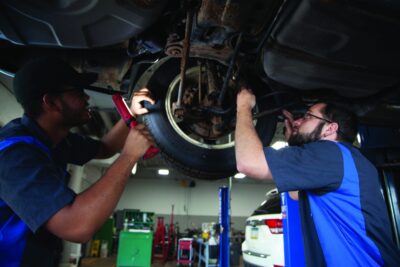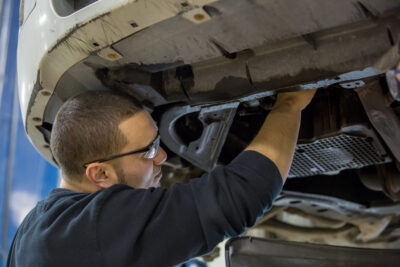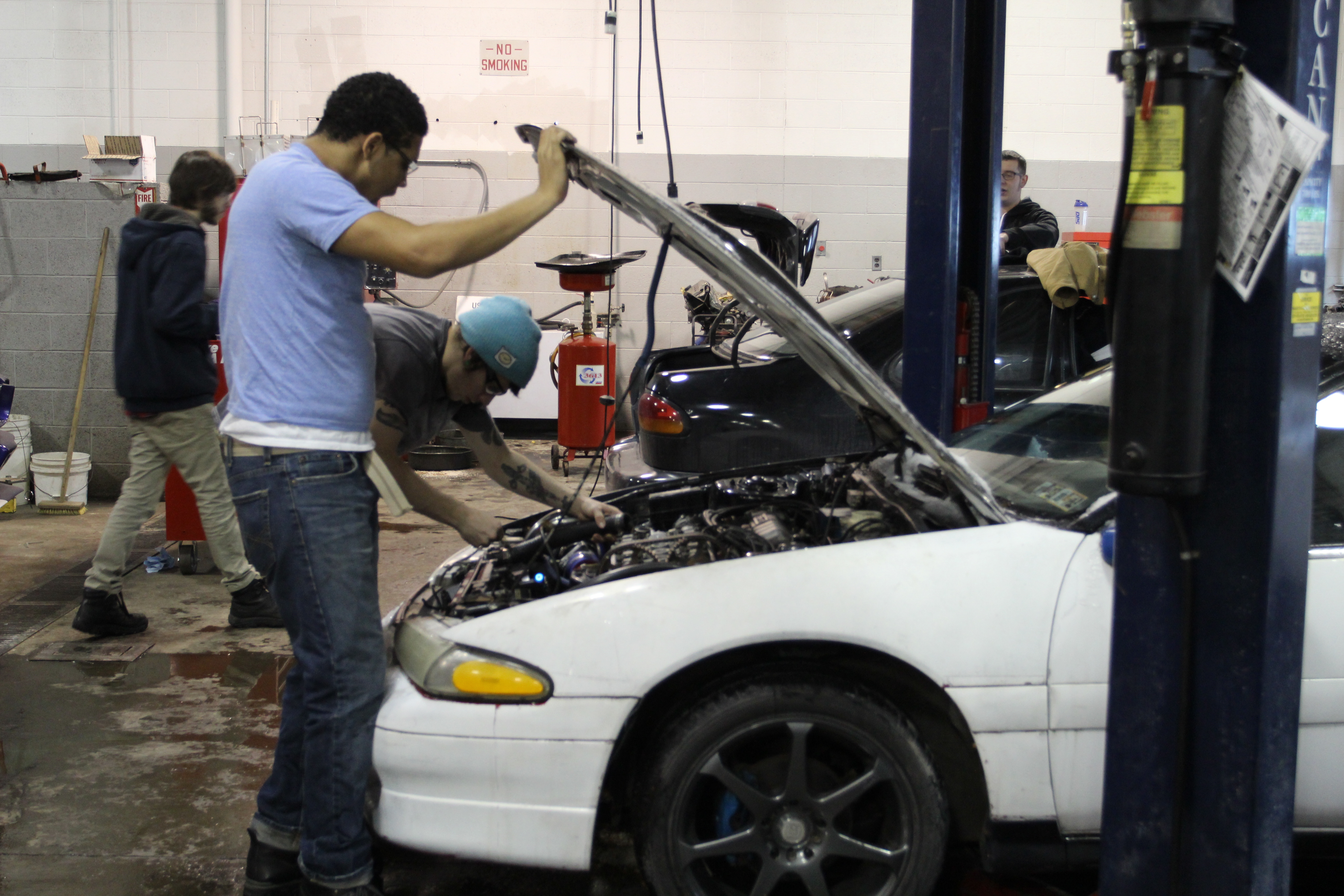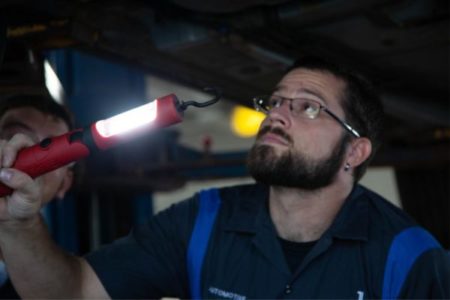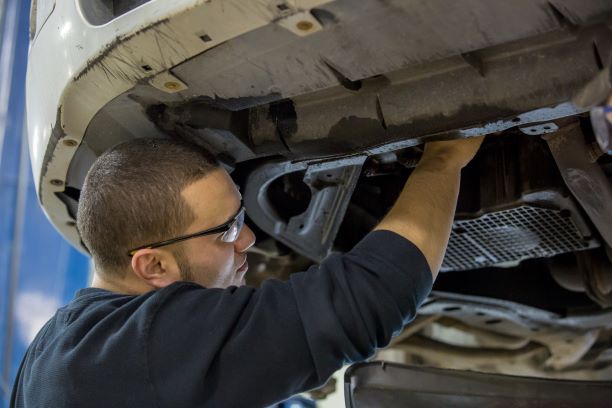Johnson College’s Continuing Education Program is enrolling students in its next on-campus Pennsylvania State Vehicle Safety Inspectors course. Classes will be held on Tuesdays and Thursdays from 6 p.m. to 9 p.m. starting March 15, 2022, through March 24, 2022, with hands-on testing beginning on Monday, March 28, 2022. To learn more or enroll, visit https://johnson.edu/continuingeducation/ or contact the Continuing Education Department at 570-702-8979 or continuinged@johnson.edu. The total cost of the course is $200 for cars and light trucks. There is an additional $75 fee for other vehicle categories.
The Pennsylvania State Vehicle Safety Inspection course requirements include 12 classroom hours, a written test, and a two-hour tactile test scheduled independently with the instructor. Students must complete all requirements before receiving certification from PennDOT. Registration is on a first-come, first-served basis according to the payment date. Class size is limited to 20 students, so participants are encouraged to register early. Applicants must be at least 18 years of age and have a valid operator’s license for each class of vehicle they intend to inspect. Classes will be held in the Automotive Center of Weaver Hall on the Johnson College campus in Scranton, PA.

